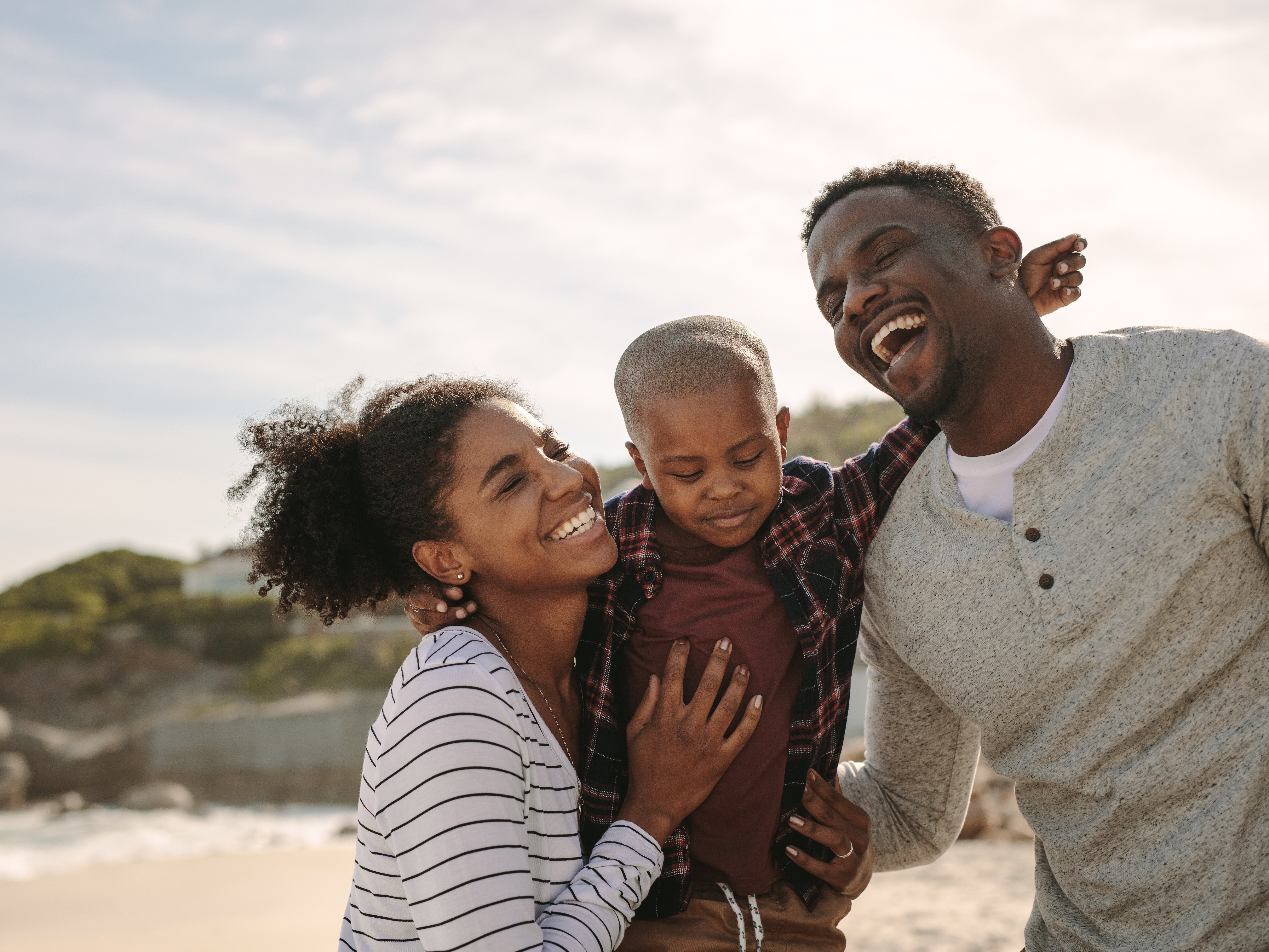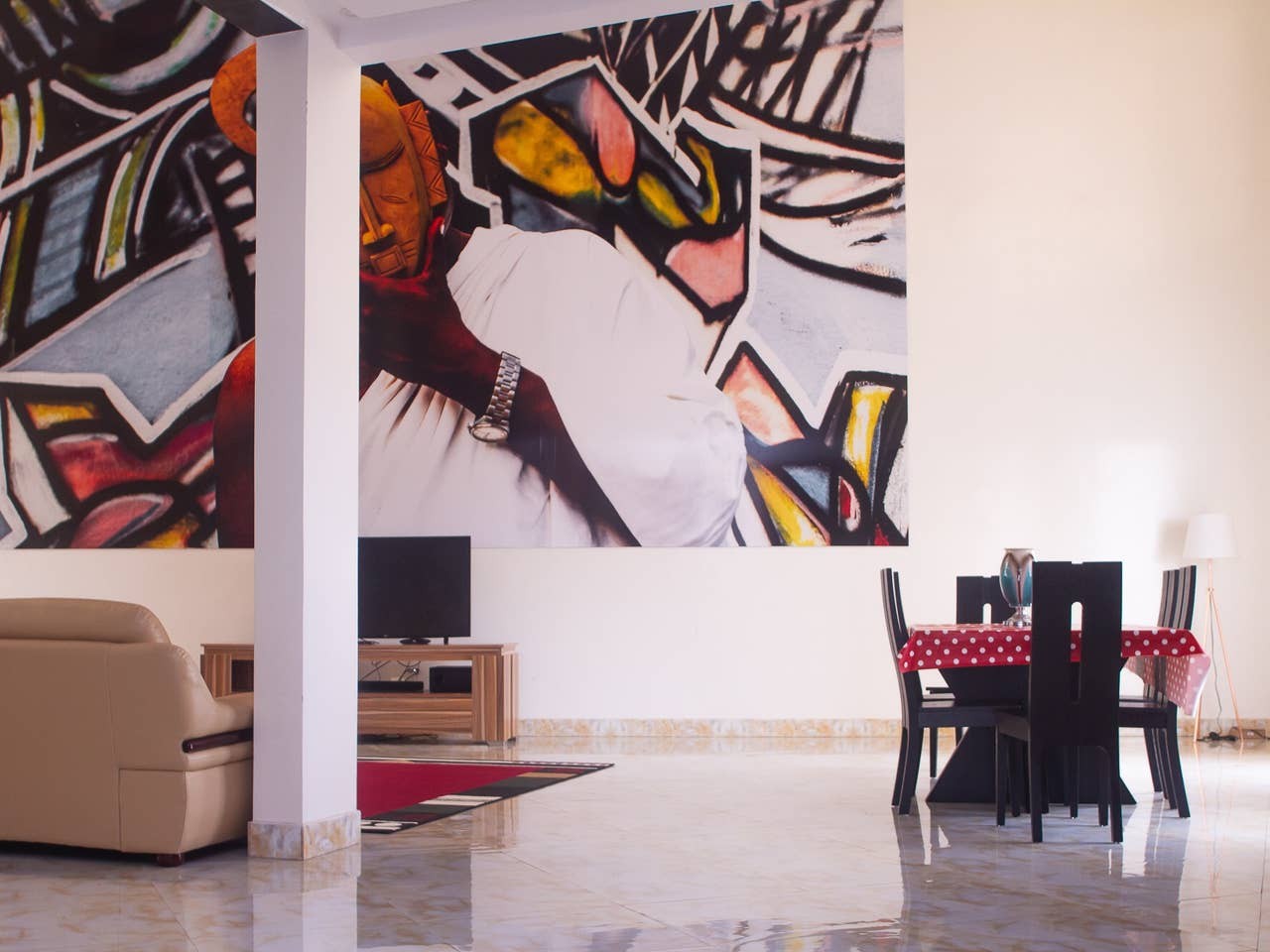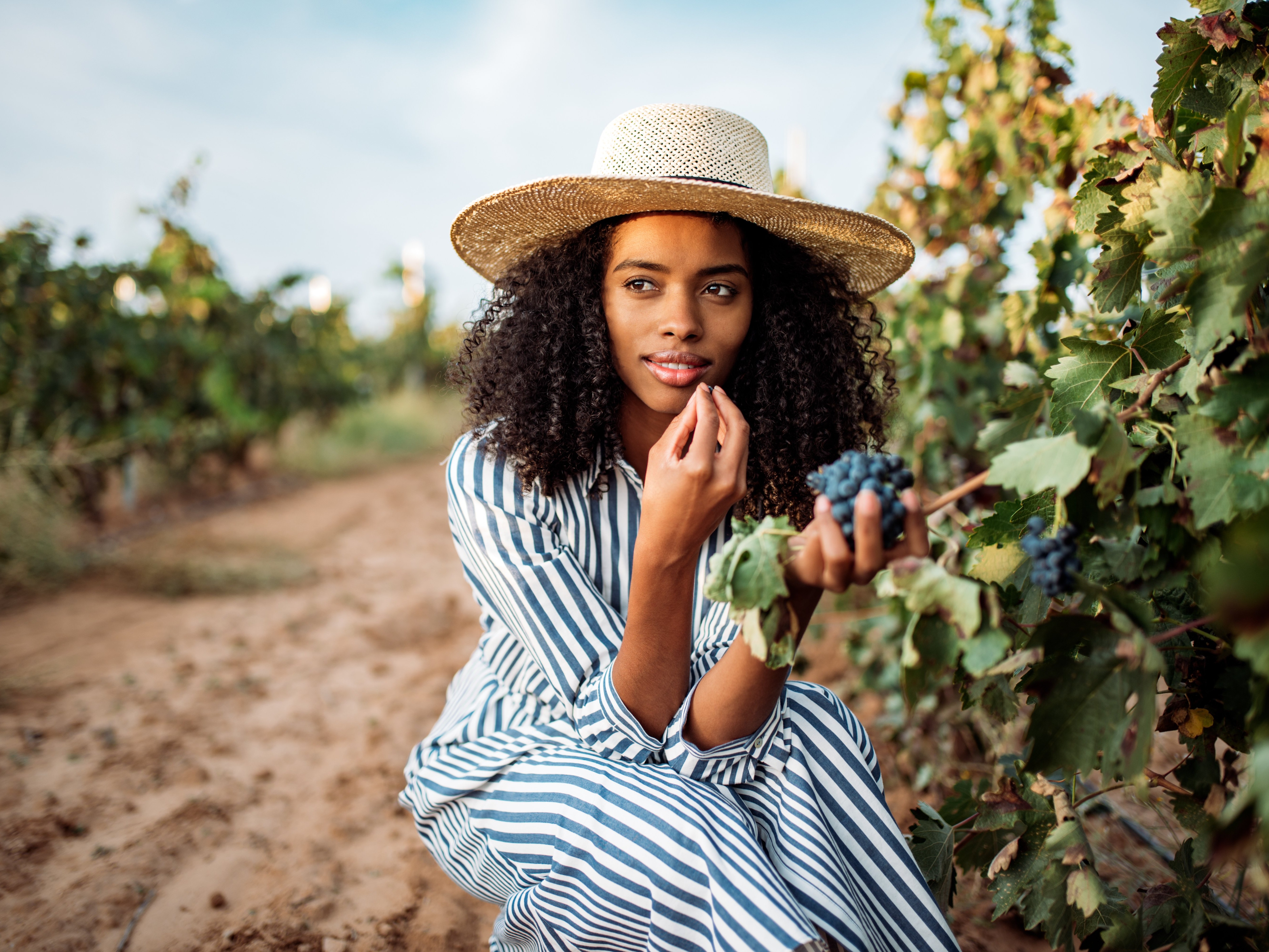Share this!
The Land of a Thousand Hills: A Rwanda Travel Guide
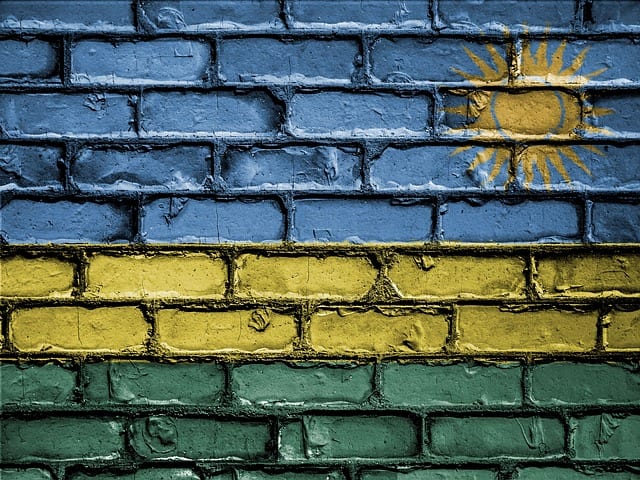
If chasing gorillas are your kind of adventure, then pack your bags and head out to Rwanda. It is the only country in the world that offers you a one-of-a-kind Gorilla Trek. Besides bespoke wildlife adventure in the lap of luxury, Rwanda enjoys several monikers, of which ‘Land of a thousand hills’ and ‘Land of the Mountain Gorillas’ are the most popular.
Rwanda has another claim to fame. It is the cleanest country in Africa. Use of plastic is illegal, so expect to be treated like you are in possession of drugs if found to carry a plastic bag! Littering is punishable and walking on the grass is a no-no. What’s more, on the 4th Saturday of every month it is the Umuganda Day, when the country comes to a standstill. All healthy Rwandans pitch in to clean the streets and ditches. It doesn’t come as a surprise that Rwanda is also known as the ‘Singapore of Africa’ because of this clean image.
Rwanda – Land of a Thousand Hills
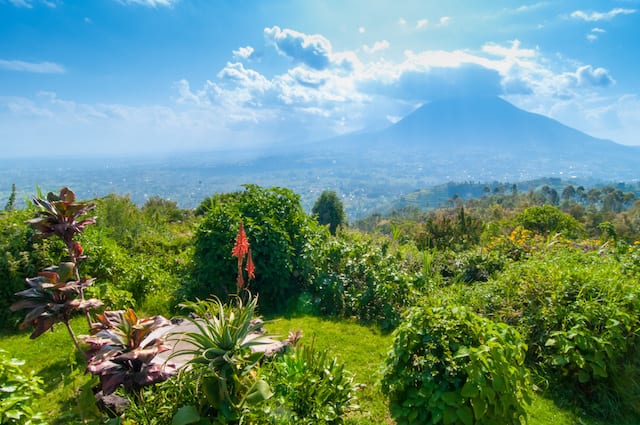
Rwanda is a landlocked country occupying a high altitude, and one of the smallest countries of Africa. The topography is dominated by rolling, grassy hills that has earned Rwanda the name “land of a thousand hills”. The greatest concentration of large animals is found in the designated conservation areas of the three national parks. The northwestern volcanic mountains are home to an estimated one-third of the world’s gorilla population, while the Akagera National Park has all the big game and birds.
When to go
Rwanda is located just below the equator, but enjoys a pleasant and temperate weather throughout the year because of the high altitude. It is called “the land of the eternal spring” because of its spring-like wonderful weather. There are typically two rainy seasons, when the region is lush green and the scenery spectacular. Rains are heavy and persistent during March to May and October to November, when travel is best avoided. The dry seasons from June to September and December to February, are the best times to visit Rwanda.
What to do
Rwanda makes up for its small size with its many adventure activities. Safaris, hiking, biking, volcano climbing, gorilla trekking, and primates trekking, are some of the unusual activities to enjoy at Rwanda. A recent entrant on the adventure scene is the Congo Nile Trail for both trekking and biking enthusiasts; accessed from Karongi.
When you want a more sedate outing, check out the many historic and cultural sites, watch the most amazing dance and music rituals, or visit the “Sacred Places” – Memorials honoring the victims of the 1994 Genocide.
Where to go
Rwanda travel is defined by the reserved parks and the off-beat destinations adjoining its lakes. It depends upon what you want from Rwanda – a safari adventure, close encounters with its native primates, an R&R or adventure sports.
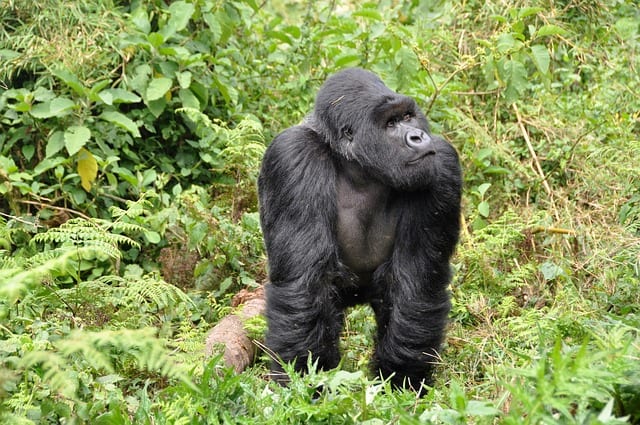
Virunga Volcanoes National Park is the most favored conservation area for its huge population of primates, the Mountain Gorilla and the Golden Monkey. The Park has so much to do and see that a week would not do justice to the rich wildlife and activities on offer. Trek alongside mountain gorillas and track the golden monkey. If you are a nature enthusiast, go birding and hiking along the nature trails adjoining pristine crater lakes. Feeling adventurous? Volcano climbs and caving are other adventures, exclusive to this National Park.
Nyungwe Forest National Park is a large track of Montane Forest that offers one of the most unique experiences, a canopy walk through the forest! Built about 50 meters above the ground, the walk offers a wonderful forest canopy view. You can expect to have a top view of primates, birds, butterflies in their native environment. With over 130 hiking trails in the park, you are spoilt for choice with chimpanzee tracking, Colobus Monkey tracking and nature walks with some of the best birding, butterfly and orchids spotting.
Akagera National Park is Rwanda’s only Savannah Wildlife Park, a beautiful destination with rich wildlife and spectacular scenery. This is the place to indulge in your safari adventures with day and night game drives, boat safaris, hikes, fishing and birding.
Lake Kivu is landlocked Rwanda’s answer to beaches. The shores of the lake have beautiful sandy beaches, great for swimming, fishing, boating, windsurfing, sail-boating, biking, and nature walks. Activities include immersive encounters with the local communities at adjoining villages and the “Crop to Cup” Coffee Tour on an island in Lake Kivu.
Karongi is a picturesque lakeside resort town, with beaches and crystal clear water, making it a great swimming and water sports destination. You can take nature discovery tours on traditional boats, visit Napoleon’s Island that is home to fruit bats, dine at the Amahoro Island restaurants and even go night fishing with the locals
Kigali is the capital of Rwanda and the site of the Genocide Memorial, the Presidential Palace Museum, and the Belgian Soldier Memorial. This is the place to indulge in shopping, and savor the local Brochettes and Rwandan coffee.
What to eat
Rwanda cuisine is overshadowed by the national dish, the Brochette. You will come across it everywhere, from an upmarket restaurant to a streetside stall. Brochette is essentially bite-sized goat meat on a skewer served along with roasted potatos and deep-fried bananas. Variations include brochettes made of beef, chicken, pork, fish or even vegetables.
Rwanda coffee is a must-have, for its pleasantly sweet, caramelly aroma and hints of citrus and floral notes. Tea features among the largest exports of Rwanda. If you are a tea-drinker, you cannot pass by this bright coppery strong tea. Other local brews include the Urgwagwa banana beer and the Ubuki made from fermented honey.
What to buy

Rwanda offers a unique shopping experience with its wide selection of herbs, homeopathic oils and scents, rich gourmet coffee, black tea and Artisanal fruit jam to stock your kitchen shelves back home. Other souvenirs include beaded jewelry, embroidered pouches, colorful Twa pottery and unique Imigongo art pieces made of cow dung, Amahoro woven peace baskets, handmade beeswax candles and the native kitenge fabric and accessories.

